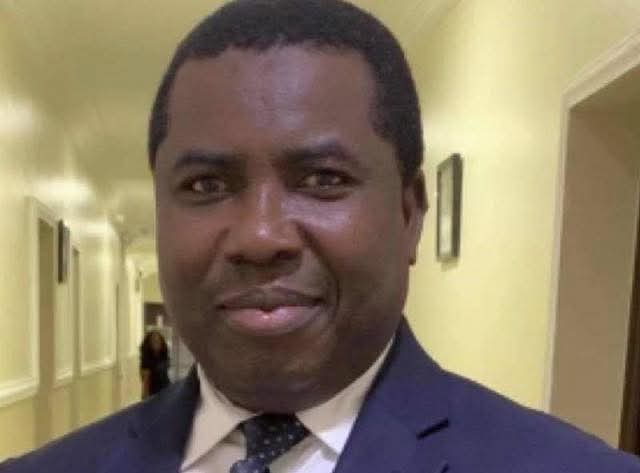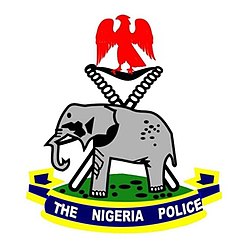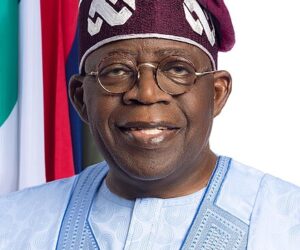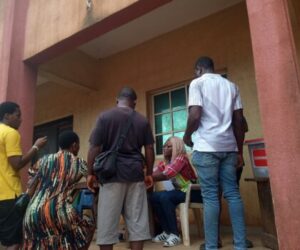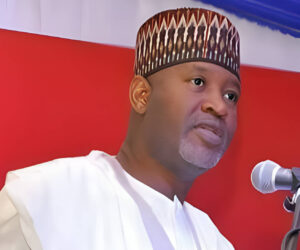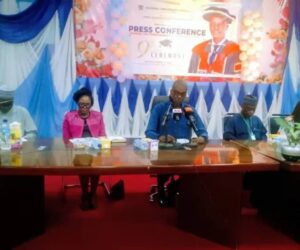The Socio-Economic Rights and Accountability Project (SERAP) has set an agenda for the incoming chairman of the Independent National Electoral Commission (INEC), Professor Joash Amupitan
Among other things, SERAP wants the INEC boss to “prioritise the effective prosecution of politicians and their sponsors suspected to be responsible for electoral offences, including violence, bribery, vote-buying, conspiracy, and undue influence during the general elections and off-cycle elections since 2015.”
Amupitan should also “prioritise the amendment of the Electoral Act 2022 to ensure the conduct of free and fair elections in 2027, in conformity with the provisions of the Nigerian Constitution 1999 (as amended) and the country’s international obligations.”
President Bola Tinubu had last week nominated Amupitan as the new INEC chair. If confirmed by the Senate, he will replace Mahmood Yakubu, who left the position last week, weeks before the expiration of his second term of five years.
In the letter dated 11 October, 2025 and signed by SERAP deputy director, Kolawole Oluwadare, the organisation said: “Impunity for past electoral offences is a major barrier to free and fair elections in Nigeria. Mr Amupitan must demonstrate that INEC under his watch would not tolerate electoral offences in the country’s elections.”
SERAP said: “Unless the legacy of impunity for these grave electoral offences is combated and perpetrators, especially high-ranking politicians and their sponsors are effectively prosecuted and voters provided with access to justice, those contemplating electoral crimes will feel unconstrained in future elections.”
SERAP added: “The general elections and off-cycle elections conducted since 2015 have been characterised by grave electoral offences, including violence, bribery, vote-buying, conspiracy, and undue influence, making a mockery of INEC.
“High-ranking politicians and their sponsors are rarely brought to justice for electoral offences, reinforcing a culture of impunity for violations of Nigerians’ democratic rights.”
“There cannot be a fair electoral process if the body managing the electoral process fails to ensure the effective investigation and prosecution of electoral offences and access of voters to justice and effective remedies.”
“No right is more precious in a democratic society than that of having a voice in the election of those who govern the citizens, and other rights, even the most basic, are illusory if unresolved electoral offences are not thoroughly investigated and prosecuted, and voters are not provided with access to justice.”

